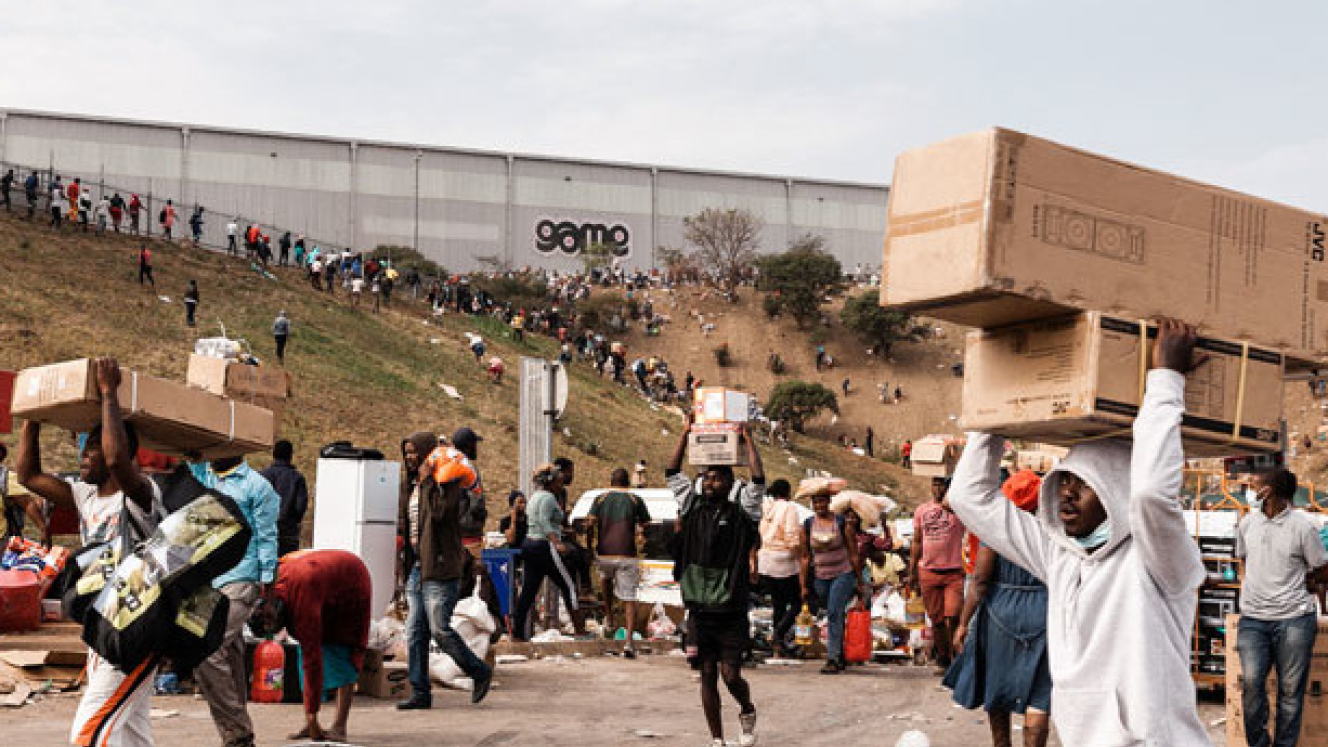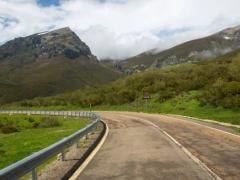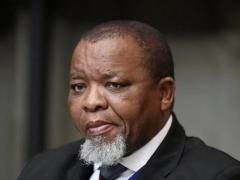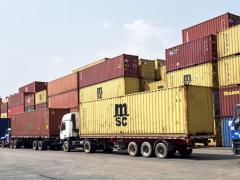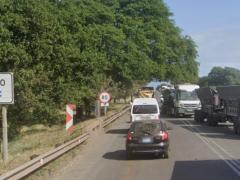Cabinet must take overall responsibility for the July 2021 civil unrest that devastated Gauteng and KwaZulu-Natal and cost the economy R50 billion, and hold all public officials who failed in their responsibility to prevent and halt the violence accountable.
This was the overall finding and recommendation of the expert panel appointed by President Cyril Ramaphosa to embark on a critical review of the security services’ preparedness for the spate of orchestrated public violence, destruction and sabotage in July 2021.
The president tabled the 154-page report at a meeting of the National Security Council on February 4 and released it to the public on Monday.
The panel was chaired by Professor Sandy Africa, and included human rights lawyer Mojanku Gumbi, and the former head of the South African Secret Service, Silumko Sokupa.
“The president tasked the panel to lead a thorough and critical review of the security services’ preparedness for the July events.
“The panel was mandated to examine all aspects of the security response and to make recommendations on how to strengthen security capabilities,” said Tyrone Seal, spokesperson for the presidency.
Seal said that Ramaphosa would outline the first actions government would take in response to the findings and recommendations of the report during his State of the Nation Address on Thursday.
The expert panel found that the intelligence services, the police and cabinet had failed in their duties to act swiftly to prevent and halt the unrest.
The National Intelligence Estimate had warned that conditions were ripe for unrest and possibly violence in 2021, yet key government ministries and departments had not planned accordingly, the panel noted.
“There had been several acts of major public disorder and violence in the lead-up to Jacob Zuma’s incarceration, with firearms being discharged publicly.
“There were increasingly emboldened calls for disruptions on social media, including a call for a national shutdown.
“In spite of this, none of the intelligence structures of the state was able to predict or forewarn that the outbreak of looting, violence and destruction would take place in the form, and the manner that it did,” the panel found.
“Several communities, in the days leading up to the violence, were aware that it would take place.
“Business delegations also informed the panel that they had been made aware that violence was imminent.
“It struck us as inexplicable that the security services, and in particular the intelligence services, did not know the violence would happen and take the form that it did.
“The intelligence services have at their disposal the most intrusive of state powers, and from what we learnt, did not use such powers to the extent that they could and should have, in the period leading up to the outbreak of the violence,” the panel found.
They also found that the police had not responded swiftly to protect citizens, and cabinet had been slow to deploy the South African National Defence Force.
“The testimonies we received from civil society organisations and the countless media reports indicate that the people felt abandoned by the state during the violence, or that the police were simply not up to the task of protecting the public.
“Even the police admit that they were hopelessly outnumbered and outmanoeuvred and could not keep pace with the fast-moving, dynamic and dangerous conditions,” the panel said.
“The police may have failed initially because they did not have the intelligence that the violence would take the form that it did, but they should have changed plans once they realised what was going on.”
The panel holds the cabinet accountable for the failure to halt the violence and recommends that it drive “a national response plan that demonstrates its own willingness to be held accountable, and to hold the public office bearers who failed in their responsibilities to account.
“It must give regular feedback on what is happening to ensure that those who planned and instigated the violence are being brought to book.”
